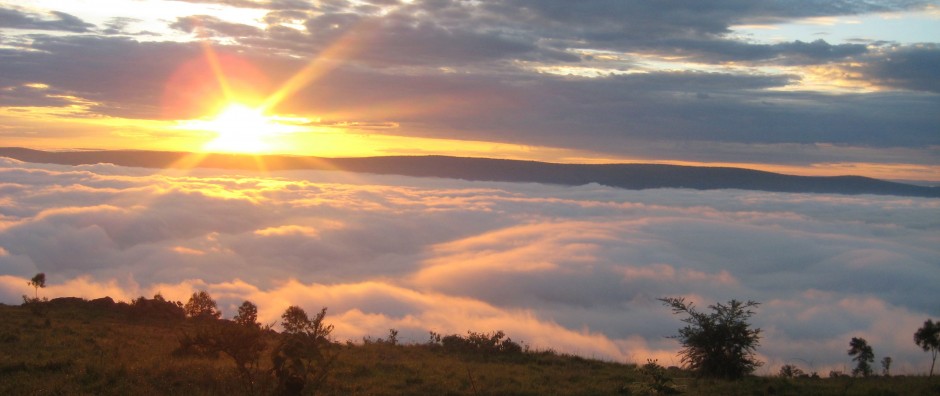The other day, as I was taking a Swahili lesson, one of the women who works at the place I am staying at had a brief conversation with my teacher, Jeremiah. “Did you understand what she said?” he asked. I didn’t. I am at the point where I can catch a few words here and there, but following a conversation is very difficult as they move very quickly, and I am still building my vocabulary. She said “ninakuona na kaka yetu,” he told me. I puzzled out a translation, but I was still confused. “I see you with our brother,” I said, “what does that mean?” To Jeremiah it was very clear, but as he tried to explain it I was still very confused. “I know what it literally means,” I said, “but what does it actually mean – why did she say it? What is the cultural context for it?” And as he tried to explain further, I began to understand – what he was trying to communicate was something so imbedded in Tanzanian culture and the Swahili language that it couldn’t really be communicated in English. He could use some words that might approximate the ideas in English, but in the end to really understand I will have live among and with Tanzanians to have any hope of Intimately understanding language like this.
“Swahili is a social language,” Jeremiah said. What she was doing, he said, was recognizing our existence as part of a whole, as part of a community bigger than ourselves. It was a recognition of undugu, or togetherness/brotherhood. With that, I realized what she had said was a manifestation of something I have been interested in for a few years: different ways of understanding social communities and interpersonal relationships (refer to my post on ujamaa). I still don’t really understand how Tanzanians relate to each other, and the best I can do to describe it is to reiterate things I have read about how Tanzanians value social interactions and time spent together, but I hope that this will be the beginning of my journey to more intimately understanding Tanzanian culture, and the way in which Tanzanians relate to those around them.
Indeed, I realized that Tanzanians are especially unique because of the way in which they have come to believe in the national political community of Tanzania: Tanzanians are Tanzanians before they are members of whatever tribe or locality they are from. This is largely a product of Mwalimu Nyerere’s strategy of political unification in the years following Tanzanian independence, and this is rather unique in Africa. Indeed, my teacher Jeremiah suggested that tribal affiliations in Kenya are much stronger than they are in Tanzania, though both places are products of Swahili culture and language. Further, he suggested that Tanzanians tend not to fight about these affiliations in the way Kenyans do. Instead, regional differences become a joke – one person will mimic the accent of another, as if to say ‘you sound a little different than me, but we’re really the same.’ I look forward to learning more about these differences, and to learning more about Tanzanian culture as whole. It’s a good thing I’ll have plenty of time to do so, because I think I’ll need it!
